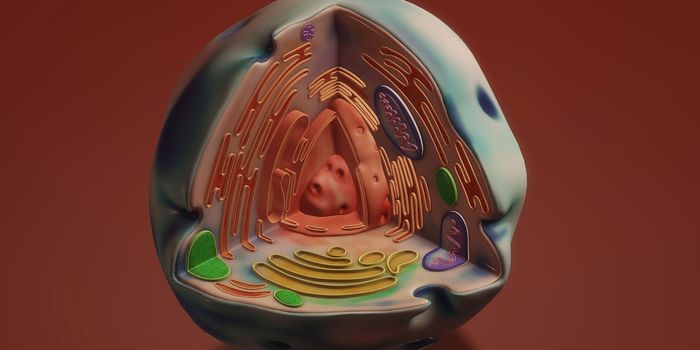Moderna is Developing mRNA Vaccines to Rescue Different Protein Defects
A genome contains instructions for making genes, and when an organism needs to produce proteins, it transcribes a gene sequence into a molecule called messenger RNA (mRNA). The protein-making machinery of the cell can use the sequence of mRNA transcripts to make a protein. Many years ago, researchers reasoned that if we had the sequence for a protein made by a pathogen, we might be able to use that sequence to make a vaccine. The body could just use the mRNA sequence to make only a protein or a portion of a protein that would then trigger an immune response. The immune response would produce antibodies, so if the body was exposed to that pathogen, it would already have antibodies ready to go.
This is why the COVID-19 mRNA vaccines were developed so quickly. Researchers had already been working on developing mRNA vaccines and their delivery systems for decades. Now that the world has quickly become familiar with these vaccines, more may be on the horizon.
Moderna, the manufacturer of one COVID-19 vaccine, announced a few days ago that many more mRNA vaccines are in various stages of development. They are working on a vaccine that would act as a booster shot for both seasonal flu and COVID-19. Moderna also has a candidate ready for a pediatric respiratory syncytial virus (RSV) and human metapneumovirus (hMPV) vaccine.
Some genetic diseases are caused by a mutation that results in the production of a defective protein. Curing the disease may be as simple as just replacing that protein, or the correct mRNA sequence for that protein. But it can be difficult and expensive to engineer proteins, and for rare diseases, that may be a challenging prospect. But mRNA vaccines could be a way to treat these disorders.
Moderna has now finished enrolling volunteers in a Phase1/2 study of mRNA-3927, which aims to treat propionic acidemia (PA). The first participant in a study of mRNA-3705 to treat methylmalonic acidemia (MMA) has received their first dose. The therapeutic mRNA-3745 was also developed by Moderna to treat glycogen storage disease type 1a, which is caused by a loss of a functional glucose-6-phosphatase enzyme. Dangerous imbalances of blood glucose occur in these patients. The treatment mRNA-3745 is meant to restore the deficient enzyme to its proper level. Mutations in the UGT1A1 gene cause Crigler-Najjar Syndrome Type 1 (CN-1), and Moderna's mRNA-3351 carries the sequence for the human mRNA. The idea, again, is to restore the missing protein.
These mRNA vaccines could be life-changing for individuals with a rare disease. Moderna is also trying to use mRNA to treat other disorders, and improve the efficacy of cancer therapeutics.
Sources: Nature Reviews Drug Discovery, Moderna









